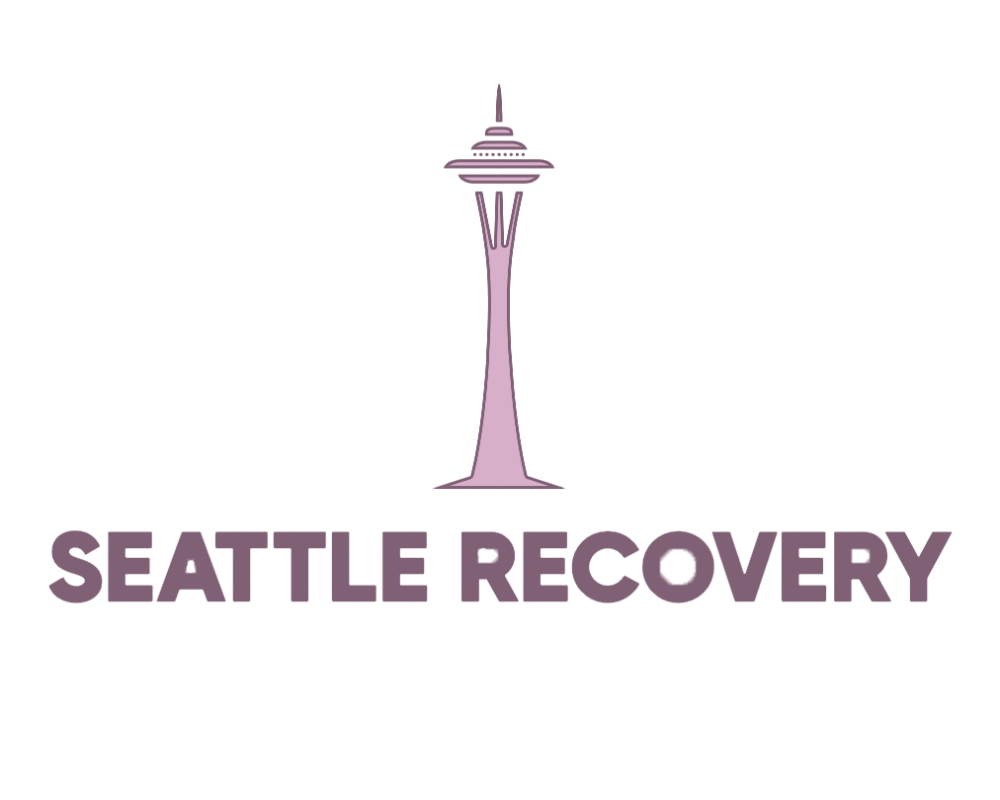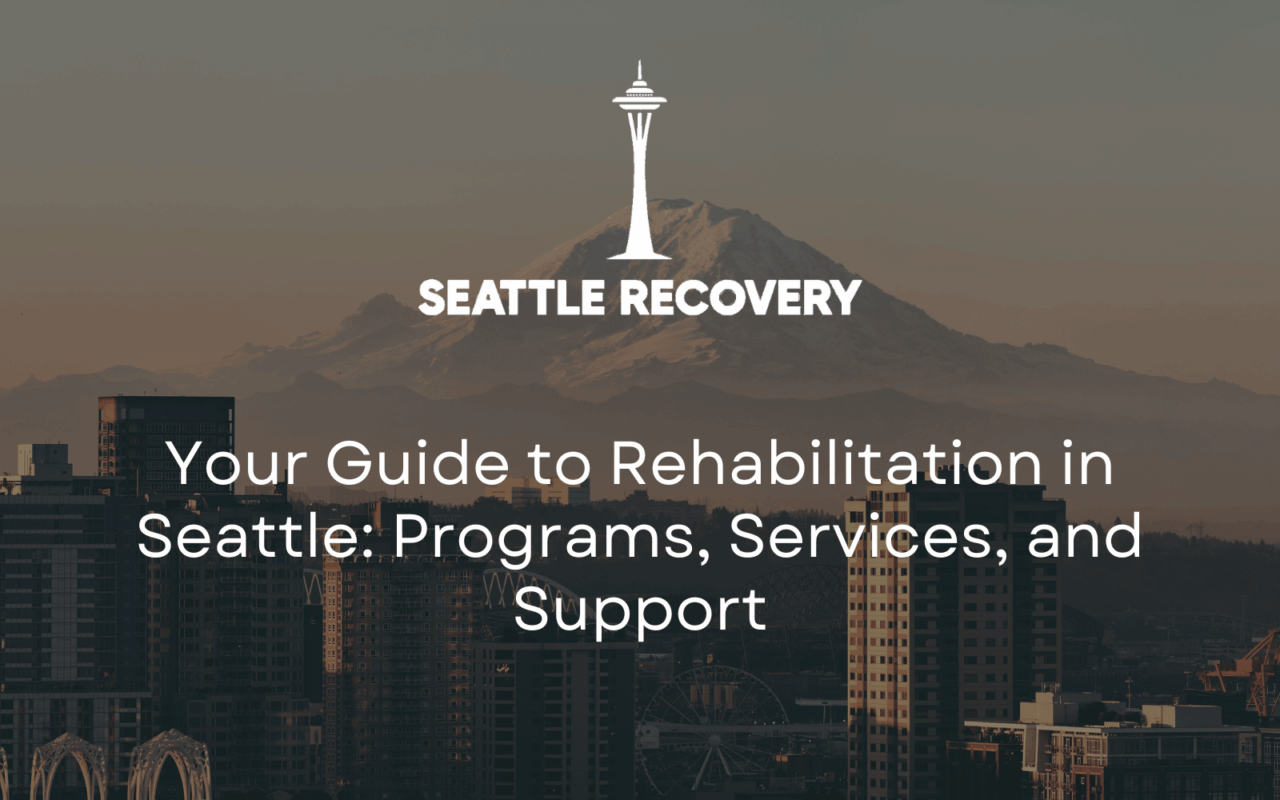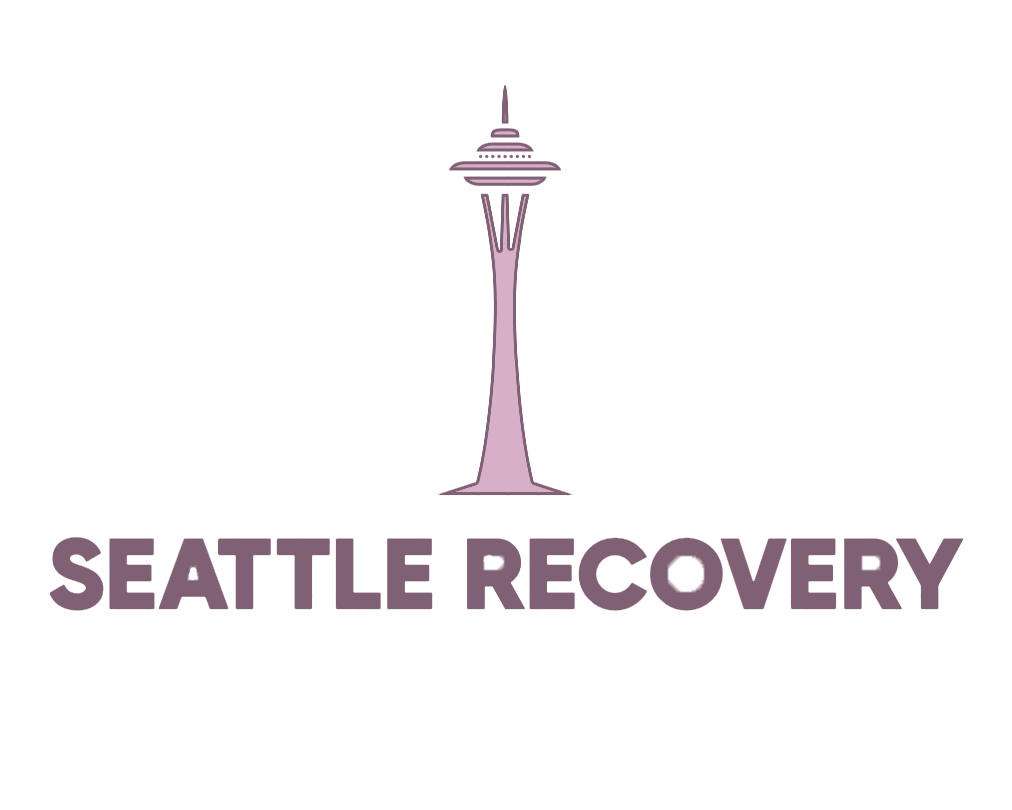Recovery is a journey that requires the right support, professional guidance, and comprehensive care. For those struggling with substance abuse or mental health challenges, rehabilitation in Seattle offers a wide array of evidence-based programs and services designed to help individuals reclaim their lives and build lasting recovery. The Pacific Northwest has long been recognized for its progressive approach to healthcare and mental wellness, making rehabilitation in Seattle a beacon of hope for those seeking recovery.
From downtown treatment centers to serene facilities in the surrounding hills, Seattle offers diverse options that cater to different needs, preferences, and recovery goals. Seattle’s commitment to innovation extends to its rehabilitation services, where cutting-edge treatment modalities are combined with compassionate care. The city’s treatment facilities are staffed by some of the nation’s leading addiction specialists, mental health professionals, and recovery experts who bring years of experience and advanced training to their practice. This expertise ensures that individuals receiving rehabilitation in Seattle services benefit from the latest developments in addiction science and mental health treatment.
Understanding the Spectrum of Rehabilitation Services
Rehabilitation in Seattle encompasses a comprehensive continuum of care that addresses both substance abuse and mental health disorders. The city’s treatment providers understand that recovery is not a one-size-fits-all process, which is why Seattle offers multiple levels of care and specialized programs to meet individuals where they are in their recovery journey. Mental health disorders and substance abuse often co-occur, creating complex challenges that require integrated treatment approaches.
Rehabilitation in Seattle facilities are equipped to address these dual diagnoses, ensuring that both conditions receive appropriate attention and care. The foundation of successful rehabilitation lies in proper assessment and treatment matching. Seattle’s intake specialists conduct comprehensive evaluations that examine not only substance use patterns and mental health symptoms but also social support systems, employment status, housing stability, and other factors that impact recovery success. This thorough assessment process ensures that individuals are placed in the most appropriate level of care from the start, maximizing treatment effectiveness and resource utilization.
Detox & Intervention Assistance: The Critical First Steps
The journey to recovery often begins with detoxification and intervention services, which form the cornerstone of rehabilitation in Seattle programs. These critical first steps provide the medical supervision and emotional support necessary to safely navigate withdrawal and begin the healing process.
Medical Supervision: Licensed healthcare professionals monitor vital signs and manage withdrawal symptoms throughout the detox process
Medication-Assisted Treatment: Evidence-based medications help reduce cravings and ease withdrawal discomfort for alcohol, opioids, and other substances
24/7 Nursing Care: Round-the-clock medical support ensures immediate response to any complications
Psychological Support: Initial counseling and emotional support to help individuals cope with withdrawal’s psychological aspects
Professional Intervention Specialists: Trained interventionists help families plan and execute effective interventions
Family Education: Comprehensive education about addiction, enabling families to understand the disease and their role in recovery
Treatment Placement Assistance: Expert guidance in selecting appropriate treatment programs based on individual needs
Crisis Intervention: Immediate response services for families facing addiction emergencies or mental health crises
Inpatient & Outpatient Treatment: Flexible Care Options
Rehabilitation in Seattle offers both inpatient and outpatient treatment options, allowing individuals to choose the level of care that best fits their needs and circumstances.
Residential Living: Secure, comfortable environments that remove individuals from triggers and provide 24/7 support
Intensive Therapy Schedule: Multiple daily therapy sessions including individual counseling and group therapy
Medical Management: Continuous medical oversight for co-occurring health conditions and medication management
Structured Daily Routine: Carefully planned schedules including therapy, meals, recreation, and wellness activities
Outpatient Treatment Programs:
Flexible Scheduling: Evening and weekend options that accommodate work, school, and family responsibilities
Intensive Outpatient Programs (IOP): Multiple weekly sessions providing substantial support while maintaining independence
Community Integration: Treatment within the community, allowing for real-world application of recovery skills
Cost-Effective Care: More affordable option that maximizes insurance benefits while providing quality treatment
Partial Hospitalization Program & Residential Treatment: Intensive Support
For individuals requiring more intensive support than traditional outpatient care, Rehabilitation in Seattle offers partial hospitalization programs and specialized residential treatment options.
Partial Hospitalization Programs (PHP):
Day Treatment Structure: Comprehensive treatment for 6-8 hours daily while returning home each evening
Medical Integration: Regular psychiatric evaluations and medication management for mental health conditions
Intensive Group Therapy: Multiple daily group sessions focusing on different aspects of recovery and mental health
Crisis Stabilization: Immediate intervention capabilities for individuals experiencing acute mental health episodes
Residential Treatment Programs:
Therapeutic Community: Structured living environment that emphasizes peer support and community responsibility
Extended Treatment Duration: Longer stays (30-90 days) that allow for deeper therapeutic work and lasting change
Life Skills Development: Practical training in budgeting, job searching, relationship building, and independent living
Dual Diagnosis Specialization: Comprehensive treatment for individuals with co-occurring mental health and substance abuse disorders
Evidence-Based Therapeutic Modalities: EMDR, CBT, and DBT
Rehabilitation in Seattle centers utilize cutting-edge, evidence-based therapeutic approaches proven effective in treating trauma, addiction, and mental health disorders.
Eye Movement Desensitization and Reprocessing (EMDR):
Trauma Processing: Specialized treatment for PTSD and traumatic experiences that often underlie addiction
Bilateral Stimulation: Uses eye movements to help the brain process traumatic memories
Reduced Emotional Distress: Helps individuals recall traumatic events without overwhelming emotional responses
Addiction Application: Addresses trauma-related triggers that often lead to substance use
Cognitive Behavioral Therapy (CBT):
Thought Pattern Recognition: Helps individuals identify negative thinking patterns that contribute to substance use
Behavioral Modification: Teaches practical skills to change destructive behaviors and develop healthy coping mechanisms
Relapse Prevention: Provides specific strategies to identify triggers and prevent return to substance use
Problem-Solving Skills: Develops systematic approaches to handling life challenges without resorting to substances
Dialectical Behavior Therapy (DBT):
Emotional Regulation: Comprehensive skills training for managing intense emotions and reducing emotional volatility
Distress Tolerance: Techniques for surviving crisis situations without engaging in destructive behaviors
Interpersonal Effectiveness: Communication and relationship skills that improve personal relationships
Mindfulness Practice: Present-moment awareness techniques that reduce rumination and increase emotional stability
Individual & Group Therapy: Personalized and Community Support
Rehabilitation in Seattle programs emphasize both individual and group therapy as essential components of comprehensive treatment.
Individual Therapy Benefits:
Personalized Treatment Focus: One-on-one sessions addressing specific personal history, trauma, and individual treatment goals
Confidential Environment: Private setting encouraging honest exploration of sensitive topics
Customized Interventions: Therapeutic approaches tailored to individual learning styles and cultural background
Trauma Processing: Safe space for processing difficult experiences
Group Therapy Advantages:
Peer Support Network: Connection with others who share similar struggles and can provide understanding
Shared Learning: Opportunity to learn from others’ experiences and challenges in recovery
Social Skills Development: Practice in healthy communication and relationship building
Accountability: Group members provide mutual accountability and motivation for maintaining recovery

Case Management: Coordinating Comprehensive Care
Rehabilitation in Seattle programs include dedicated case management services that help individuals navigate the healthcare system and access necessary support services.
Case Management Services:
Treatment Coordination: Seamless coordination between different healthcare providers
Resource Navigation: Assistance accessing housing, employment services, legal aid, and community resources
Insurance Advocacy: Help understanding insurance benefits and advocating for covered services
Crisis Planning: Development of comprehensive crisis intervention plans for mental health emergencies
Mentoring Program & Alumni Support: Ongoing Community
Rehabilitation in Seattle recognizes the powerful impact of peer support through structured mentoring and alumni programs.
Mentoring Program Features:
Peer Mentorship: Connection with individuals who have successfully navigated similar challenges
Practical Guidance: Real-world advice on managing triggers, building relationships, and maintaining sobriety
24/7 Support: Access to mentor support during challenging moments and crisis situations
Community Connection: Introduction to recovery communities and sober social activities
Alumni Program Benefits:
Ongoing Community: Maintained connections with treatment peers and staff
Continued Learning: Regular workshops and educational events focused on recovery skills
Professional Development: Career counseling and job placement assistance
Relapse Support: Immediate assistance and treatment referrals if alumni experience setbacks
Relapse Prevention: Sustaining Long-Term Recovery
Preventing relapse is a central focus of rehabilitation in Seattle programs, with specialized strategies designed to maintain sobriety and mental wellness over time.
Relapse Prevention Strategies:
Trigger Identification: Comprehensive assessment of personal, environmental, and emotional triggers
Coping Skills Development: Practical techniques for managing stress, cravings, and difficult emotions
Support Network Building: Creation of strong personal support systems including family, friends, and recovery peers
Warning Sign Recognition: Education about early warning signs of relapse and immediate intervention strategies
Breaking the Stigma Surrounding Substance Abuse and Mental Health Rehabilitation
One of the most significant barriers to seeking treatment is the persistent stigma surrounding substance abuse and mental health issues. Society’s misconceptions about addiction and mental illness often prevent individuals from accessing the life-saving care they need. Rehabilitation in Seattle programs are actively working to combat these harmful stereotypes by educating the community and promoting understanding that addiction is a medical condition, not a moral failing. Mental health disorders are legitimate health conditions that require professional treatment, just like diabetes or heart disease. The stigma stems from outdated beliefs that addiction results from lack of willpower or personal weakness, when scientific research clearly demonstrates that addiction involves complex changes in brain chemistry and function. Similarly, mental health conditions like depression, anxiety, PTSD, and bipolar disorder are neurobiological conditions that respond to proper medical and therapeutic intervention.
Seattle’s rehabilitation community emphasizes that seeking treatment demonstrates strength, courage, and self-awareness rather than weakness or failure. By sharing success stories, educating families and employers, and promoting open dialogue about mental health and addiction, rehabilitation in Seattle facilities are creating a more accepting environment where individuals feel safe to seek help. This cultural shift is essential because shame and fear of judgment often keep people trapped in cycles of addiction and untreated mental illness. When communities embrace recovery and view treatment as healthcare rather than moral correction, more individuals feel empowered to take the brave step of seeking help. Breaking down stigma also involves recognizing that people from all backgrounds, professions, and social classes can be affected by these conditions, helping to humanize the experience and reduce discriminatory attitudes that prevent healing.
Conclusion
If you or a loved one is struggling with substance abuse or mental health challenges, rehabilitation in Seattle offers comprehensive, compassionate care that can transform lives. Most facilities offer free consultations and assessments to help determine appropriate treatment recommendations. The admission process for rehabilitation in Seattle programs has been designed to reduce barriers and facilitate quick access to care.
Many facilities provide 24/7 intake services and can arrange immediate placement for individuals in crisis. Insurance pre-authorization assistance, transportation coordination, and family support services help eliminate common obstacles that might prevent someone from seeking treatment. When choosing a rehabilitation program, it’s important to consider factors such as treatment philosophy, specific services offered, staff qualifications, facility amenities, and location preferences. Rehabilitation in Seattle offers programs with various treatment approaches, from traditional 12-step based programs to alternative recovery models, ensuring that individuals can find a program that aligns with their values and preferences.
Recovery is possible, and thousands of individuals have successfully overcome addiction and mental health challenges through rehabilitation in Seattle programs. With the right support, evidence-based treatment, and ongoing commitment, anyone can achieve lasting recovery and build a fulfilling, healthy life. The journey of recovery begins with a single step, and rehabilitation in Seattle provides the roadmap, tools, and support necessary to navigate this transformative process. For more assistance or if you have any questions please reach out to us today by calling 1 (206) 231-0252 or visit our website. Whether you’re seeking help for yourself or a loved one, Seattle’s rehabilitation community stands ready to provide hope, healing, and the foundation for a brighter future.







